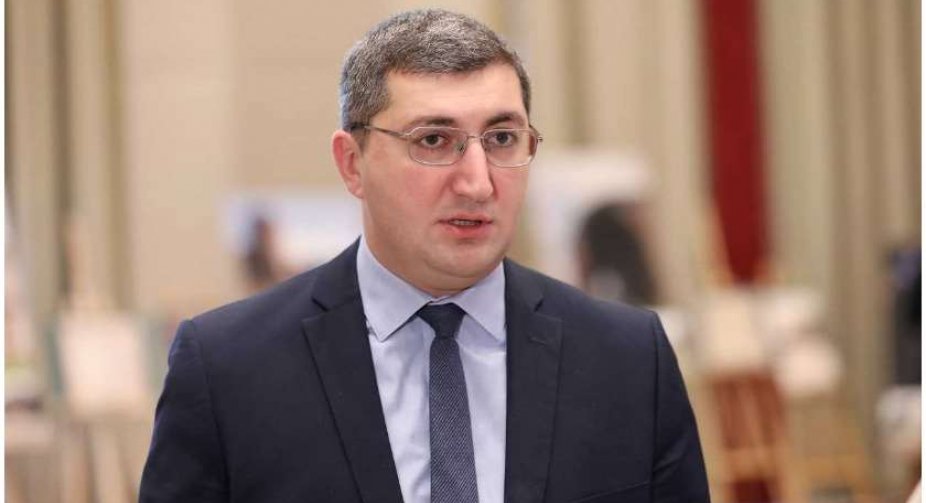Giorgi Kakauridze, Georgia's Deputy Minister of Finance, on Friday addressed journalists regarding the controversial foreign influence bill and advocated for amendments to the bill following the US warning of sanctions. He emphasized the need for changes in response to widespread opposition from numerous organizations.
"The main concern is how the law will be implemented. Many Western organizations, including countries, oppose this version. Therefore, both the political and party leadership have discussed that it is possible to address the problematic issues through dialogue," Kakauridze stated. He stressed that while the transparency aspect of the draft law should be maintained, amendments could be made in other areas.
"Transparency should not be an issue for anyone. If we can achieve transparency while resolving other problematic issues, that’s what needs to be worked on," he added.
In response to questions about potential repercussions on Georgia's strategic relations with the United States, Kakauridze asserted that Georgia's Euro-Atlantic course held more significance than financial aid. "The United States of America is a crucial partner, and our relationship with them should remain strategically important. Let's see what decision the Parliament will make. There was no mention of financial sanctions in Athony Blinken's statement, but rather sanctions on specific individuals. I cannot predict the decisions that will be made, but after they are made, I can assess their impact," he said.
Kakauridze claimed he did not anticipate any personal sanctions against himself. "I don't expect personal sanctions. I don't think sanctions against the Minister of Finance or his deputy would be appropriate unless there is a specific crime involved. The Georgian government’s course is, and should always be, towards Euro-Atlantic integration. Now we await specific political decisions," he remarked.On May 27, the legal committee of the Parliament will discuss the President's veto on the bill. The President of Georgia added a single sentence to the draft law: "This law shall be valid for one day after its enactment." While amendments to the President's remarks are not permitted, the parliamentary secretary of the president will present the President’s stance, followed by a vote. Regardless of the outcome, the issue will move to the plenary session.
At the plenary session, the President's motivated remarks the bill will be voted on. If the veto is rejected, another vote on the draft law, which has passed three readings, will be necessary to override the veto, requiring at least 76 votes in favor. The parliamentary majority, which controls more than 80 votes, intends to override the veto, as stated by Chairman of the Parliament Shalva Papuashvili. The plenary session is likely to vote on the draft law on May 28.
On May 23, US Secretary of State Antony Blinken announced a policy of visa restrictions for those undermining democracy in Georgia, along with a comprehensive review of US-Georgia cooperation. Washington decided to impose visa restrictions on representatives of the Georgian Dream government and their family members, although no specific individuals have been named. Thousands have protested against the law in Georgia.
